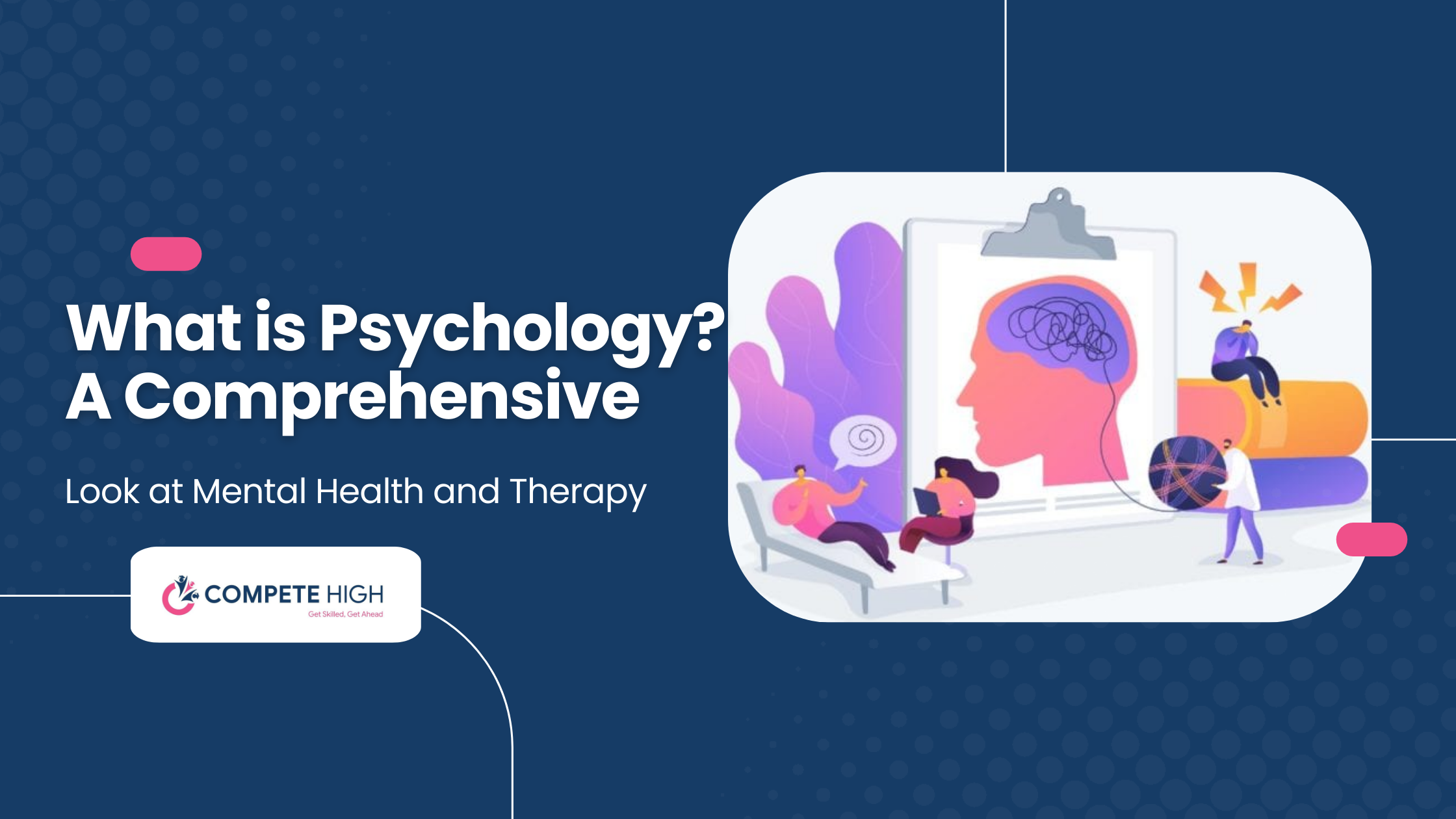Psychology studies the mind and behaviour, encompassing the broad human experience of how people think, feel, and act.
What is Psychology? A Comprehensive Look at Mental Health and Therapy



Psychology studies the mind and behaviour, encompassing the broad human experience of how people think, feel, and act.